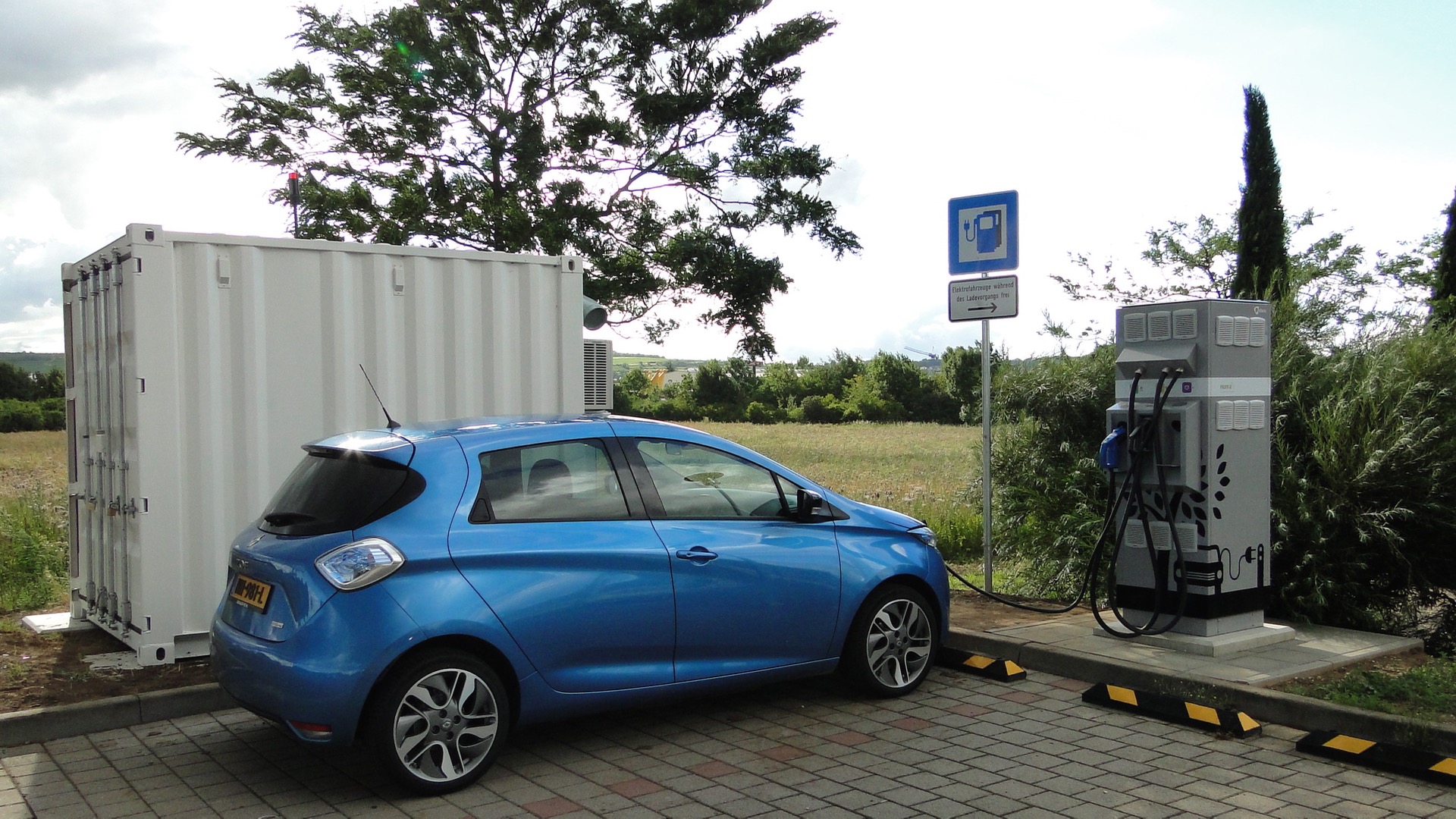

Automakers seem to agree that more zero-emission vehicles are needed to meet government regulations, and in turn combat climate change. But whether those cars should be powered by batteries or hydrogen fuel cells is still a hotly-debated topic. Adding fuel to the fire: a new study from European environment group Transport & Environment (via InsideEVs) makes a strong argument for battery-electric cars.
T&E compared the overall energy efficiency of battery-electric cars, fuel-cell cars, and conventional internal-combustion models, and battery-powered cars came out on top. The study accounted for the entire “well to wheels” impact of each energy source—from production to transportation to energy losses involved in turning gasoline, hydrogen, and electricity into motion.
Batteries were by far the most energy efficient power source studied, at 73 percent. (That said, the study used energy harvested from renewable sources for the purposes of this comparison.) Fuel cells had an estimated overall efficiency of 22 percent, while internal-combustion engines were rated at 13 percent.
The results aren’t too surprising, when you think about it. Both battery-powered and hydrogen fuel-cell cars use electricity for propulsion, but fuel cells add steps to the process. Hydrogen must first be generated in an energy-intensive process, then converted to electricity in a fuel cell. Battery-powered cars simply absorb electricity directly and send it to their motors.
Battery-electric cars also require less specialized infrastructure than their fuel-cell counterparts. Charging stations are much less expensive and easier to install than hydrogen fueling stations, taking advantage of pervasive electricity infrastructure and the fact that there’s not need to store a flammable gaseous fuel. It’s also unclear exactly how hydrogen can be produced on a large scale, and in a sustainable way.
That’s why battery-electric cars vastly outnumber fuel-cell cars. But batteries come with their own issues, including limited storage capacity and long charging times. Fuel-cell vehicles offer a more convenient experience, and one that’s closer to what drivers of gasoline and diesel cars are used to. While battery-electric cars are certainly winning the race, they haven’t reached the checkered flag yet.